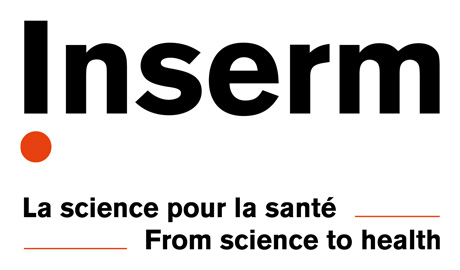Working place: LTSI - INSERM U1099, in the CinetyKs team (https://ltsi.univ-rennes.fr/SESAME_home) on the Beaulieu university campus in Rennes.
Background:
Sudden Unexpected death in epilepsy (SUDEP) is a dramatic outcome for epileptic patients, with a prevalence of 1 per 1000. To study this phenomenon in preclinical research, the audiogenic seizure is widely used, as it relies on the non-invasive induction of a potentially lethal convulsion. Our laboratory has recently developed two genetic mouse lines, LAGS+ and LAGS-, based on a bidirectional genetic selection on phenotypic criteria. Both LAGS+ and LAGS- are audiogenic seizure prone but they diverge on pronostic. Effectively, LAGS+ mice present lethal tonic audiogenic seizures while LAGS- mice present non-lethal tonic audiogenic seizures.
Missions: Subject: Antiseizure and antiepileptic medications in an innovative model of SUDEP in mice Primary mission:
The main objective of this post-doctoral work is to better understand the origin of SUDEP and how to prevent it. The experimental approach will aim to characterize this new double model of SUDEP by comparing the two lines for their cardio-respiratory characteristics, but also to evaluate their responses to various anti-seizure and anti-epileptic drugs.
Secondary mission:
However, the post-doctoral fellow will have the opportunity to get involved in other scientific projects of the team related to genetic and pharmacological aspects of epilepsy in mice. Time will also be set aside for editorial activity with a view to publications, even as first author.
Tasks and techniques addressed: - Breeding and maintaining mice in animal facilities
- Audiogenic seizure tests
- Pharmacology/drug preparations
- Electroencephalography (EEG)
- Electrocardiography (ECG)
- Plethysmography chamber
- Wireless telemetry
Qualifications: - A PhD in a relevant area of neurosciences
- Excellent writing skills in French and/or English
- Enthusiast, independent and rigorous
Appreciated experience and qualifications:
- Experimental epileptology in mice or rats
- Authorization to experiment on animals and Surgical Training
- Experience with laboratory mice
- Stereotaxics
- Tail vein infusion
- Notions of (Mendelian) genetics and inbred strains
| 




